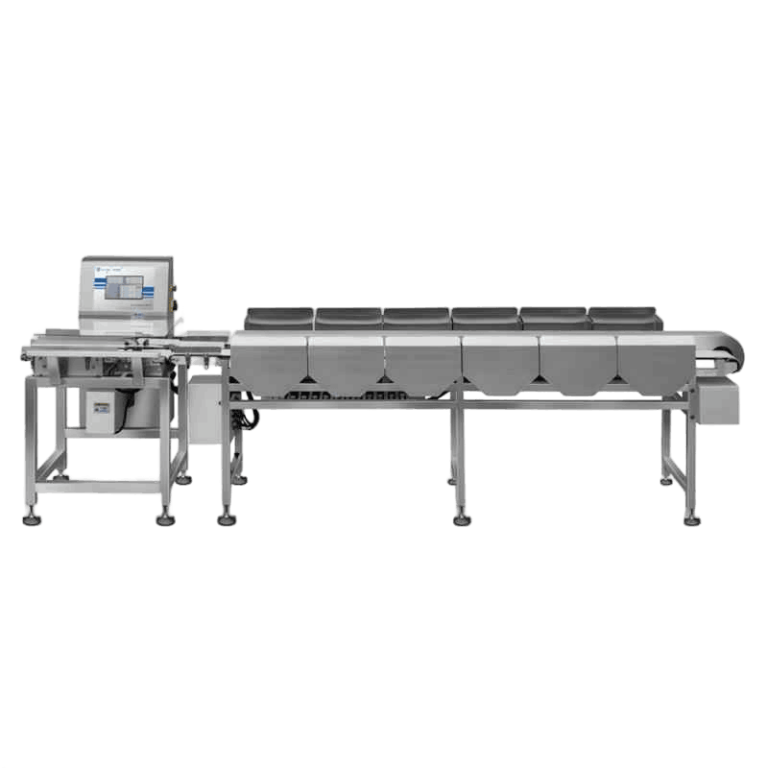Automation plays a significant role in maintaining efficiency across production lines, and WEIGHT SORTING provides solutions that cater to this need. Their machines are designed to handle diverse materials with precision, ensuring consistent output in industries such as food processing, agriculture, and manufacturing. Using high-accuracy sensors, these systems streamline the process of separating items based on size, weight, or quality characteristics, reducing manual intervention and minimizing human error.
Mechanical and Dynamic Sorting Options
Among the range of devices offered, a sorter machine often incorporates mechanical systems that move products along conveyor belts, guiding them into designated bins based on predetermined criteria. These systems are ideal for applications where consistent physical attributes, such as weight or dimensions, determine classification. Dynamic sorting solutions, on the other hand, integrate advanced weighing and grading mechanisms, allowing real-time adjustments to handle varying product sizes and densities efficiently. By implementing these systems, operators can optimize workflow and maintain uniform quality standards.
Optical and AI-Assisted Sorting
In addition to mechanical approaches, sorter machine solutions increasingly utilize optical technology. Using high-resolution cameras and AI-based image recognition, these machines inspect products from multiple angles to detect surface defects, discoloration, or foreign contaminants. This technology complements traditional weight-based sorting, especially for delicate or high-value items like seafood or packaged food. The integration of AI ensures that even subtle imperfections are identified and removed, supporting consistent product quality without slowing down production.
Optimizing Productivity and Accuracy
WEIGHT SORTING emphasizes equipment that balances efficiency with precision. By combining automated weight grading with optical inspection, their systems minimize waste and reduce operational errors. Each machine is built for robustness and ease of use, allowing operators to adapt quickly to different production requirements. Businesses benefit from smoother processes, reliable output, and the ability to scale operations without compromising quality.
Enhancing Industrial Sorting Practices
Modern production demands sorting solutions that are versatile and dependable. With their combination of mechanical, dynamic, and optical systems, WEIGHT SORTING machines demonstrate how technology can improve accuracy, maintain consistency, and increase throughput. Companies that implement these devices can expect a more controlled production environment, where errors are reduced, efficiency is enhanced, and the overall quality of output is preserved.




